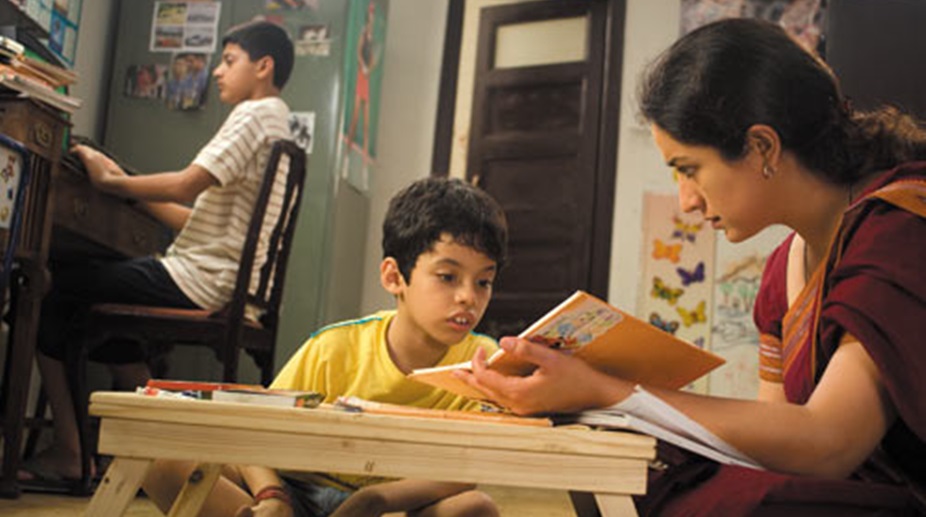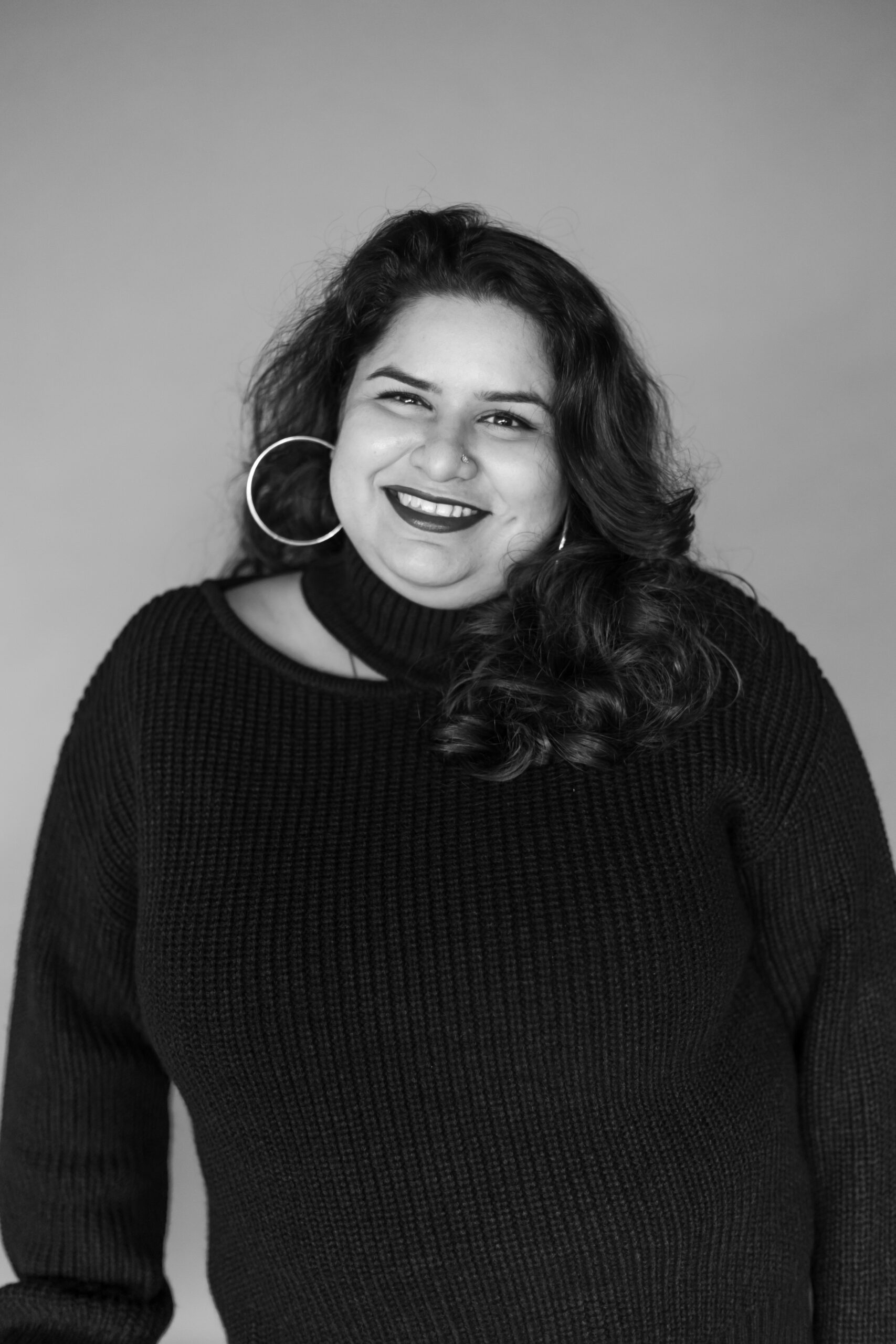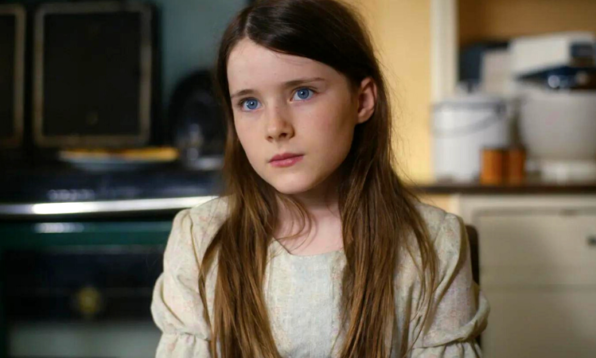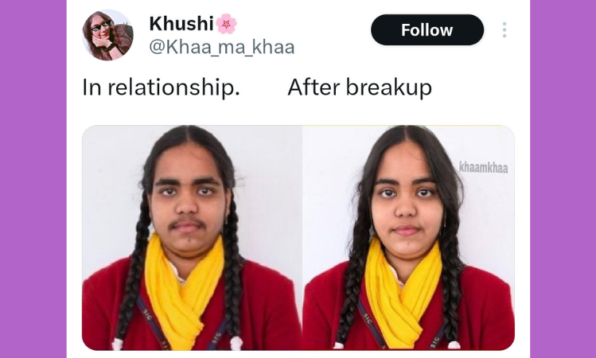My family often told me what I should do with my life, and I hated them for it. No matter how hard I tried to keep myself surrounded by an emotional concrete wall that no one could touch, it had a few cracks from which my hatred and resentment would creep out.
Sometimes, I would break down in tears, and other times I would be pulling my hair out. And quite a few times, I would have loud screaming matches with my family that would bring out my neighbours from within their four walls. And it all started with a small statement – “It’s for your own good.”
Why does anyone care about “my own good?”
Shouldn’t I be the person responsible for my good? Shouldn’t I choose what adds value to my life and what doesn’t? And I’ll be honest, I have often cut my nose to spite my face. Even though I knew it was not doing me any good, I was happier about the dissatisfaction it caused others. You relate, don’t you?
“Hum tere bhale ke liye bol rahe hai.” I was 10 when I first heard these words. Back then, my mom said it to me because I refused to drink milk. I hated milk with the passion of a thousand suns and I saw no good reason why I had to drink something I hated so. Such a small thing, right? I never imagined that that statement would become one of the defining moments of my life.

It started small. First, it was about drinking milk, then it was about eating my greens, then we moved on to me moving my body, choosing what to study, selecting a career, and finally, a few years ago, it culminated in why I need to get married and have kids. Each of these episodes was followed with a long lecture that ended with “Hum tumhare bhale ke liye bol rahe hain.” At first, it was my parents, soon my relatives joined the chorus, and ultimately, some random Tom, Dick, and Harrys whom I had never met before or since added their own lyrics to the old song.
Now, I don’t mind an occasional sarcastic comment or platitudes. I can take it. But you make that a regular thing, and you will see a different person altogether. No, it’s not because of spite. Rather, it’s because of heartbreak and mental and emotional exhaustion. When you rub at a wound over and over again, it never heals, and words are often the same way. You say the same thing often enough, it takes a toll on the listener, and in my case, it quite clearly did.
The first time I heard “Hum tumhare bhale ke liye bol rahe hai” I was annoyed and ready to throw a tantrum. But as the years went by, the statement became the cause of much resentment and self-hatred. None of the well-meaning comments directed at me ever worked the way people might have imagined. For all the talk about giving me advice to make my life better, my life went the other way.
All I wanted was to disappear
All the lectures followed by ‘We are saying it for your own good’ slowly chipped away at my self-confidence. It killed me a little every time I heard it. It broke me a little every time I thought of it. All those times made me question, ‘Am I even worth it?’ ‘Is my life worth the trouble I am going through?’ ‘How much longer should I be listening to what the world wants me to do without saying anything back?’ To a stranger, these words sound like no big deal, and my reaction is an overreaction. But in those moments, all I wanted was to disappear.
All my life, I have refused to follow a timeline, and telling me “Hum tumhare bhale ke liye bol rahe hai” is not going to change my mind. Hearing it may break me into pieces, but I have learnt to build myself back up.
Much like ‘I told you so’, ‘It’s for your good’ is poison in nectar’s clothing. All it does is make you second guess everything you do in life, all your decisions, all your dreams. For me, these words only managed to put me on the edge and kill any sort of motivation I could ever have. And I know I’m not alone in feeling like this about “well-meaning” comments.
So whose bhala are we really looking at when we say “it’s for your own good”?
Featured Image Source
Related: I’m A 30-Year-Old Woman And I Have Never Dated. Here’s Why














